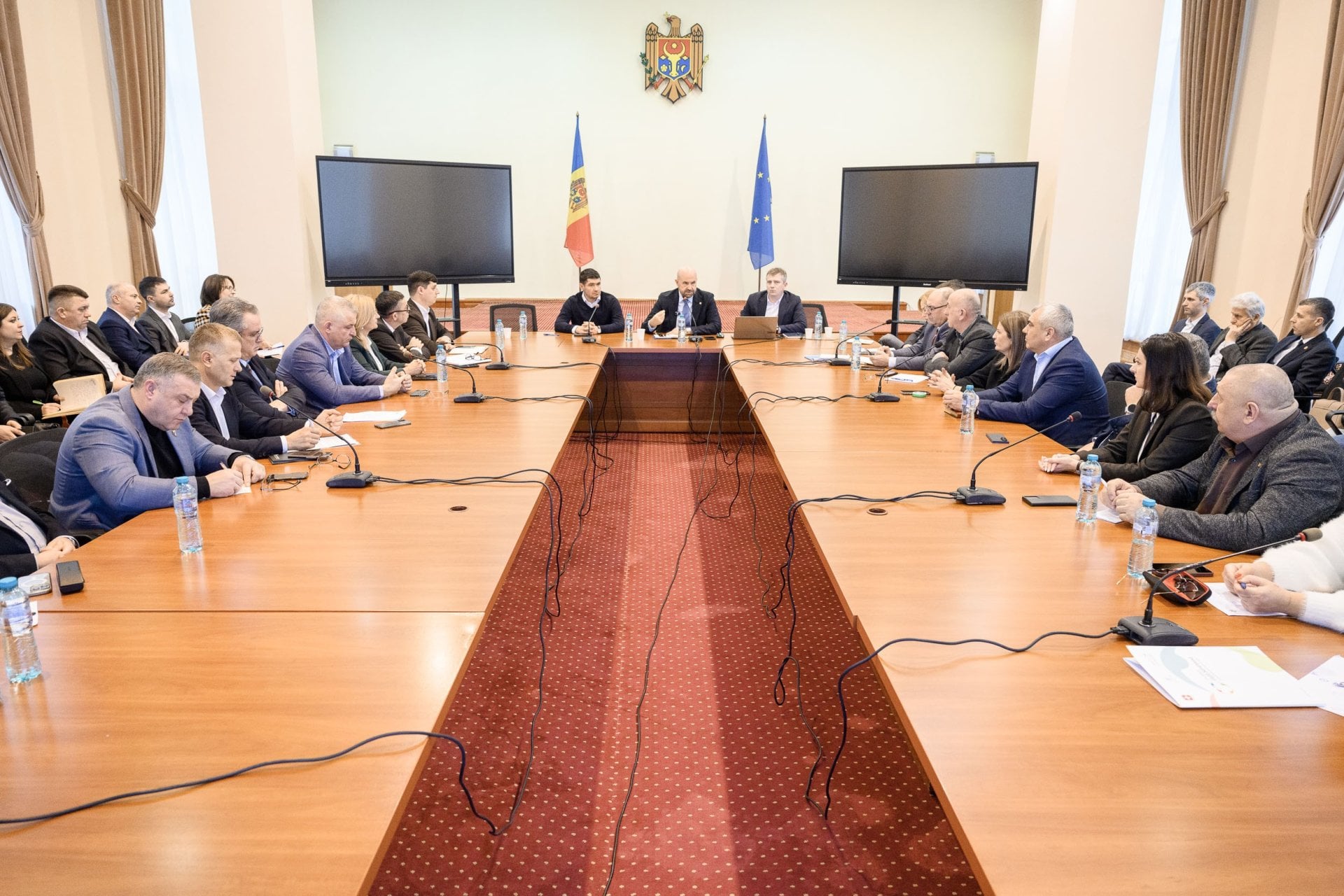Individuals and legal entities, public institutions, museums or banks or governments around the world can now store their photos, documents, images of certain works of art, passwords and various other things they want in digital vaults that benefit from the highest standard of cyber security, under the Enkivers project, launched on Tuesday by the National Institute for Research & Development in Informatics ICI Bucharest, in collaboration with InfoCons.
"Just as we go to a train station, a bank or a store and leave our luggage, wallet, valuables, food or whatever else we may have in a secure box with a key, I think that today this mechanism of being in electronic format brings for each of us, in our capacity as global citizens, a tool, a solution and a viable, simple and efficient instrument, at a European standard, in partnership with an extremely important public entity in Romania and at the European Union level. (...) Today we have launched it. From January 1, official addresses will be sent to all museums in the world, to all public institutions in the world, to chambers of commerce in every country in the world and, last but not least, to employers' and professional associations, but also to consumer protection organizations, parents' associations and all those who should know that this vault exists, which is at high security standards, so that everyone can have the information and make an informed decision.
In his turn, the general director of ICI Bucharest, Adrian-Victor Vevera, said that the idea of the project stemmed from the need to have a dedicated protected storage space for "documents, images, ideas and thoughts" - all in digital format - in a digital world, on the model of safe deposit boxes in banks.
"When we started with this project, we started from the need that we have identified in a world as digital as possible, in which people use digital technologies and automatically a part of their memories are in the digital zone, to have a space where you can store them, that can be something outside of the cloud that all the big operators offer - and which is a common space - a space dedicated to the one who wants to use it and in which only he/she can have access, based on the credential he/she receives when opening this subscription and in which one can store digitally all this spectrum of products, from documents, images, ideas, thoughts. Everything one wants in digital form to exist in this vault, just as banks have safe deposit boxes to keep the physical part of these objects safe, should also exist in digital form. Besides, it's much easier to access. You can access it from your phone, tablet, laptop, anywhere," Vevera explained.
To get this digital vault, one has to access the website enkivers.com and create an account.
"We set up an account, we click, we put the photo, we lock the safe, we have the exclusive password and from that moment on we know that the respective photo, image, memory or document is in full security and safety. Last but not least, it will have a definite date - if you want to use it after that - to obtain benefits or to prove that it was deposited on that particular date, at that hour, at that minute and at that second, so that you can prove, should someone else - your neighbor - copy the photo and go somewhere, that it was you who first took the photo taken," said Mierlea.
Vevera also emphasized that the digital vault can also be used to protect intellectual property.
According to him, Enkivers is a project that "brings to the table" the competences of ICI Bucharest on the technical area, because it is developed within the Forensic Laboratory of the institute, with the best practices developed by InfoCons.
"What we are seeing in the current national and international context is that information that is validated, information that is certified, is becoming increasingly important, because without it we cannot create either news or products that are sustainable and, as has been said, a digital vault can be created. (...)," emphasized Vevera.
The price of an annual subscription for such a digital vault is around 25-30 euro/year.
"Prices per year will be around 25-30 euros, converted into the national currency of each country where it is found. There is an annual subscription, after which you can open more vaults if you want more quantity. I believe that each of us, as citizens, individuals or legal entities, even public institutions, museums, who want to store certain images of certain works of art, certain things that they want to store in cyber security at the highest standard, from India or Norway, the United States or Japan, have today a simple, easy, immediately accessible and affordable system. (...) We have not had vaults at this level with a high degree of security and safety, to be managed under the auspices of a quasi-public authority, such as ICI, under the coordination of the Romanian state," Mierlea said.
The funds from the paid subscriptions are joint revenues of ICI Bucharest and InfoCons, but most of them will go to the institute, because it takes care of security, maintenance, servers and "everything that is involved in the smooth running of this mechanism". Instead, InfoCons will use the money for project promotion, communication and information.
The general director of ICI Bucharest argued that the information stored in the digital vaults is not visible to anyone, but only to the account holder.
If the holder of such a digital vault no longer wishes to pay the subscription, the information will be deleted after a period.
































Comentează